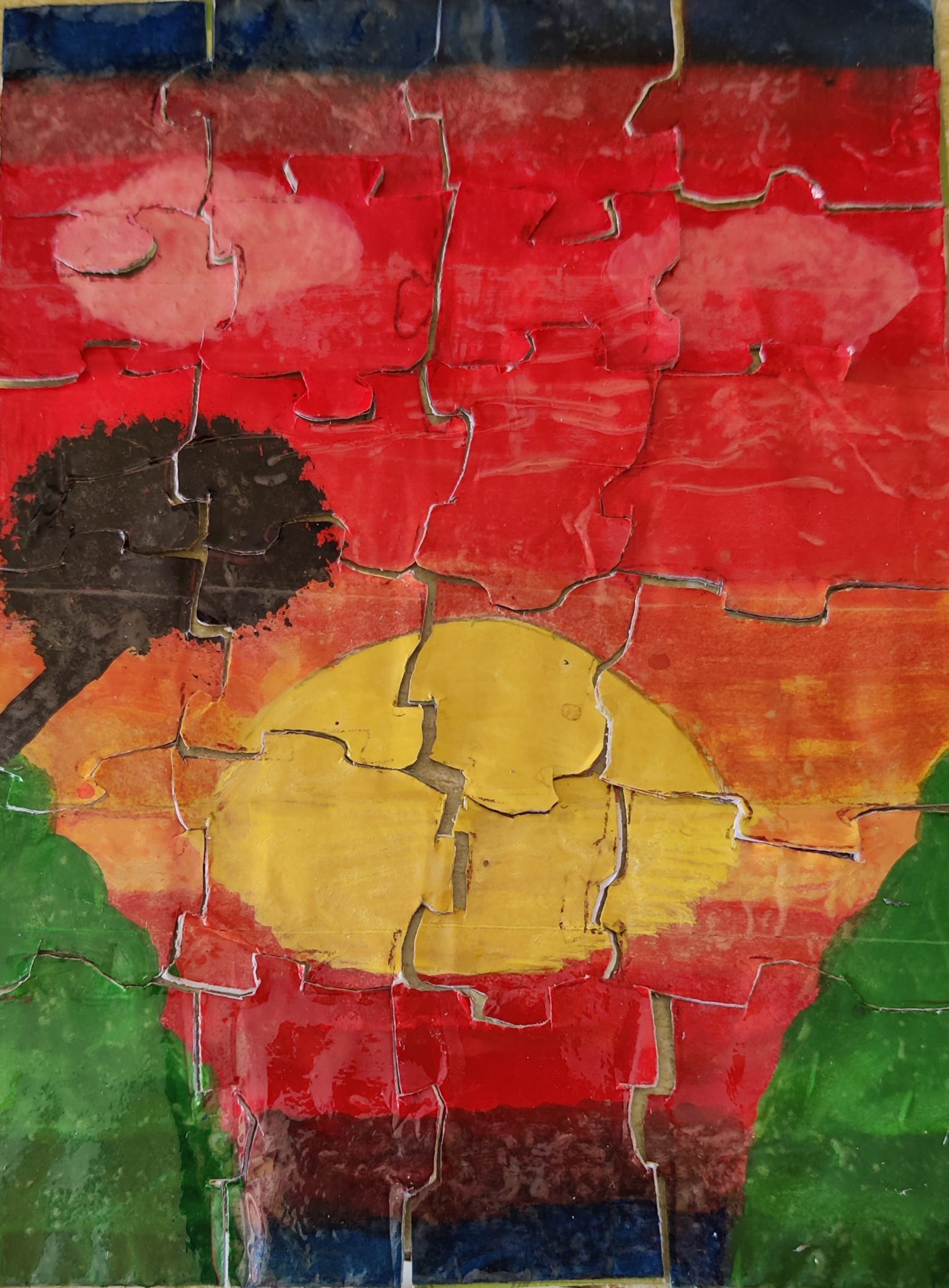What should judiciary protect – democracy or Mobocracy


After US independence from Great Britain, the founding fathers of America wanted to have a separation of powers of the ruler. Earlier the monarch made laws, executed the laws and himself/herself decided right or wrong. In the doctrine of “separation of powers” three branches were created i.e. legislature, executive and judiciary with with checks and balances between the power and privilege of all three of the above. The Indian constitution is based on the same principle. In fact, separation of powers is considered by the Indian Supreme Court as a “Basic Structure” of the constitution.
Why is the SC is entrusted with so much of power? Because, it is the protector of the constitution and fundamental rights of the people.
For example:
Why all these immunities given to the SC? The reason is to ensure that the SC works independently w/o any pressure from any one.
With great power comes great responsibility. Lets analyze SC actions in context of farm laws?
The current decision of the SC, therefore ratifies mobocracy instead of democracy where a few thousand people by holding few roads to ransom can crush the will of the majority.
The SC can lift the stay later, but this order sets a very wrong precedent for the democratic health of the country. In my opinion, SC should invalidate only those laws which violate the basic structure of the constitution not act in the interest for a few thousand people shouting on the roads. Then what is the use of the immunity they enjoy?
In the past SC has given great judgements, this is a judgment which has somewhat lowered the ideal image SC had in front of my eyes.
DISCLAIMER: The author is solely responsible for the views expressed in this article. The author carries the responsibility for citing and/or licensing of images utilized within the text.
